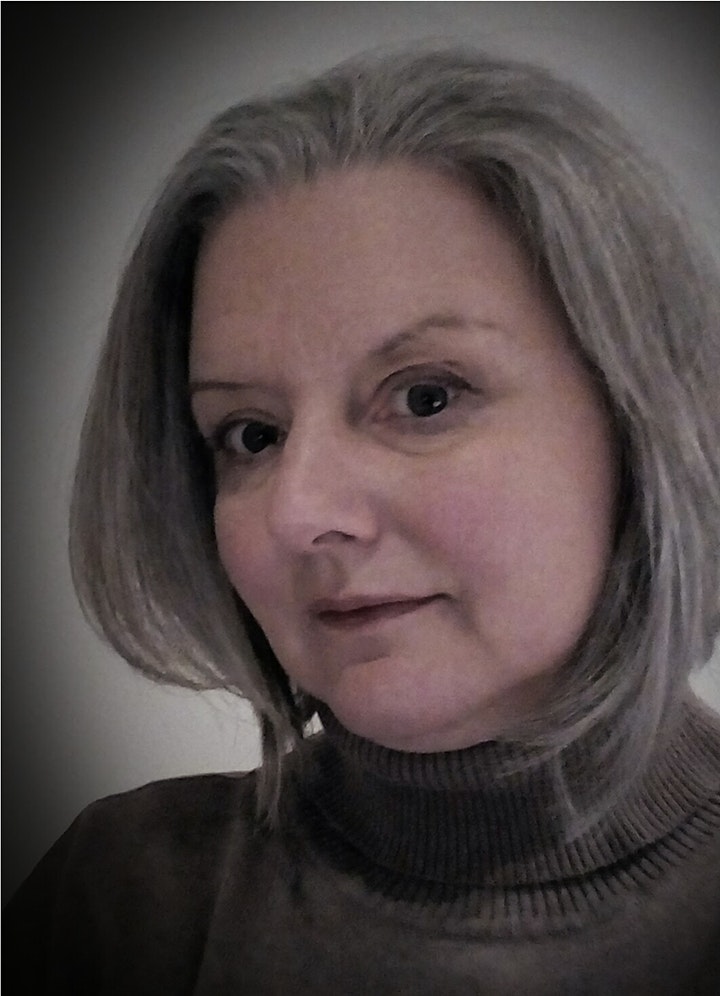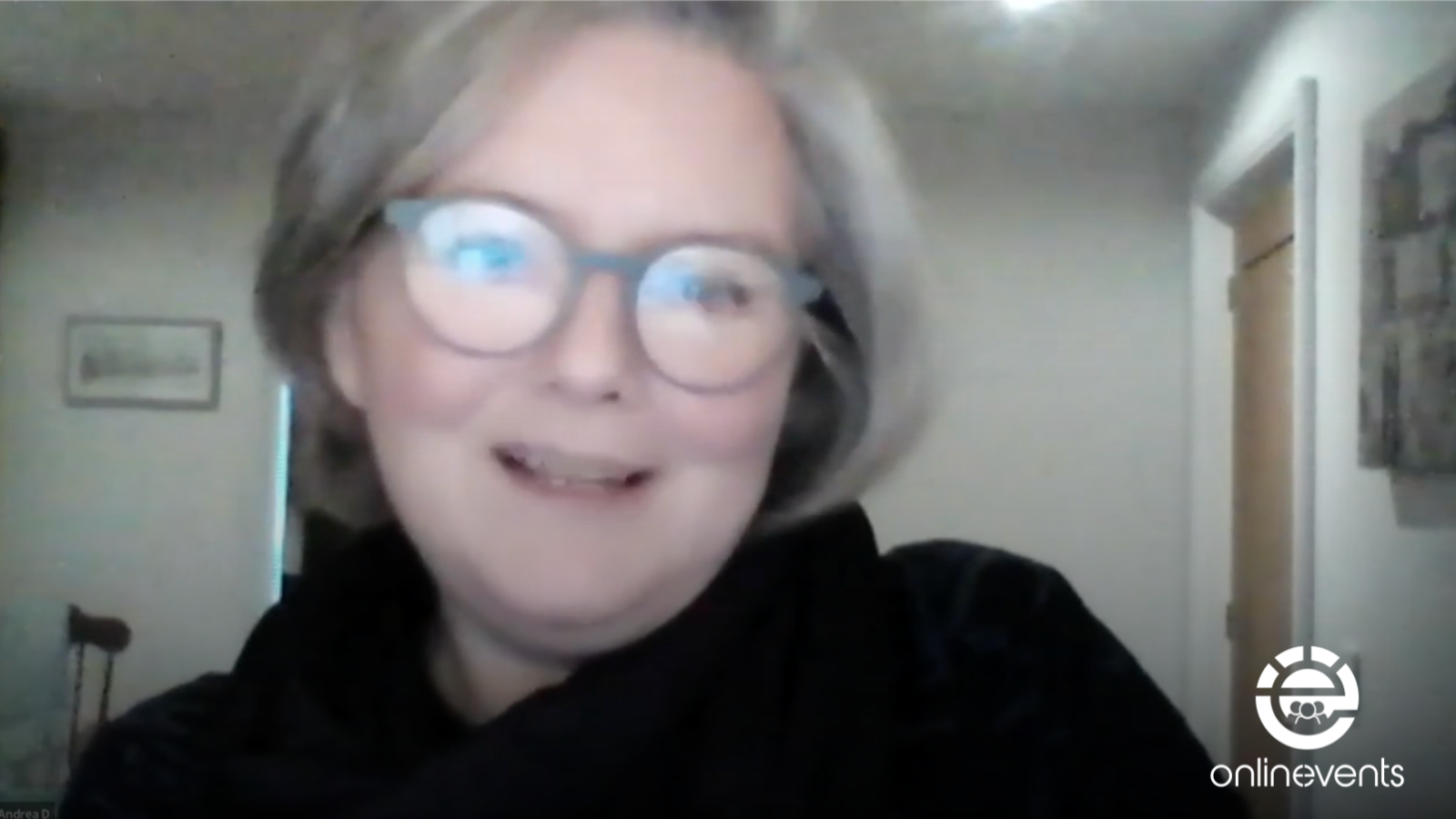Workshop Details
These workshop(s) provide the HOW TO DO VAGAL TONING – diving into the different practice modes/modalities, to lay out the palette of possibilities for use, for yourself and to include in treatment plans for clients as pre-therapy, in session, homework.
Every Session has a special focus, a theme which will explore one modality in depth, and also show links across vagal toning practices.
As a reminder, vagal tone is important for:
- regulation, resilience, digestion, longevity, heart health and is a proven path to alleviate stress, depression, anxiety, dementia, and trauma.
- the vagus nerve is where the switch for sympathetic ON lives. It is also the switch for sympathetic OFF. Vagal tone improves understanding of ON/OFF
- improves window of tolerance, and ability to r(e)find reliably the window of tolerance.
- improves neuroception and increases interoception bringing better ability to listen, hear and have compassion and also feel safe in the world.
- a benefit (not to be under rated) is that vagal tone improves our longevity by slowing the shortening of our telomeres! All the more reason for therapists to pursue vagal tone for themselves.
- doing vagal toning with clients can cultivate relational depth, and trust, and also explore regulation and access buried emotional burdens, sometimes memories.
These monthly workshops will lead you through the pros and cons of each modality, how to combine them, the practice shortcuts to follow, and the pitfalls to avoid.
The practices and techniques are guided in trauma and neuro-diverse informed perspective, giving case examples of how to modify practice for different client-contexts.
You’ll leave knowing by doing, and able to integrate these in your client practice – after you have, of course, learnt-practiced-integrated them for yourself!!
Course Content
Presenter

Professor Andrea Davies is a certified Embodiment Coach/Counsellor, Voice First Aid specialist, is a meditation leader, has a black belt in karate, has practiced yoga for over a decade, leads community sounding, trained at LoVentri Somatic Voice™ (level1) and has a long career as a research-academic and lecturer at various UK universities including Edinburgh, Exeter, Lancaster, Leicester and DeMontford.
In 2015 she pioneered EnAct, an embodied presence and leadership practice with Curve theatre (Leicester). She has worked with Roffey Park Institute well known for their critical role in health and wellbeing from post WW1, and has also worked with TUC, ACAS, Department of Education, and Working Transitions as both collaborator and consultant. Her areas of focus are within life transitions and trauma, family and intergenerational dynamics, compassion ethics, embodiment and performativity. She is also co-author of the 2017 gov.uk report on menopause transition and has worked extensively as a counsellor, collaborator, educator and activist in this arena to tackle taboo, and foster cultural change.
Her PhD and early career was in cognitive psychology, but after much adventures she rests at the intersection with neurobiology, body and social psychology, and psychoanalysis. She has published widely in international journals, and recently was prize winner for intellectual contribution with her on-going work on how to apply and use Kristeva’s psychoanalysis contribution The Power of Horrors.


